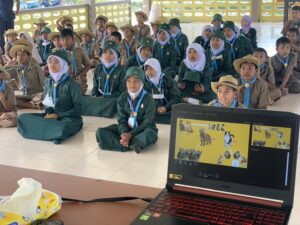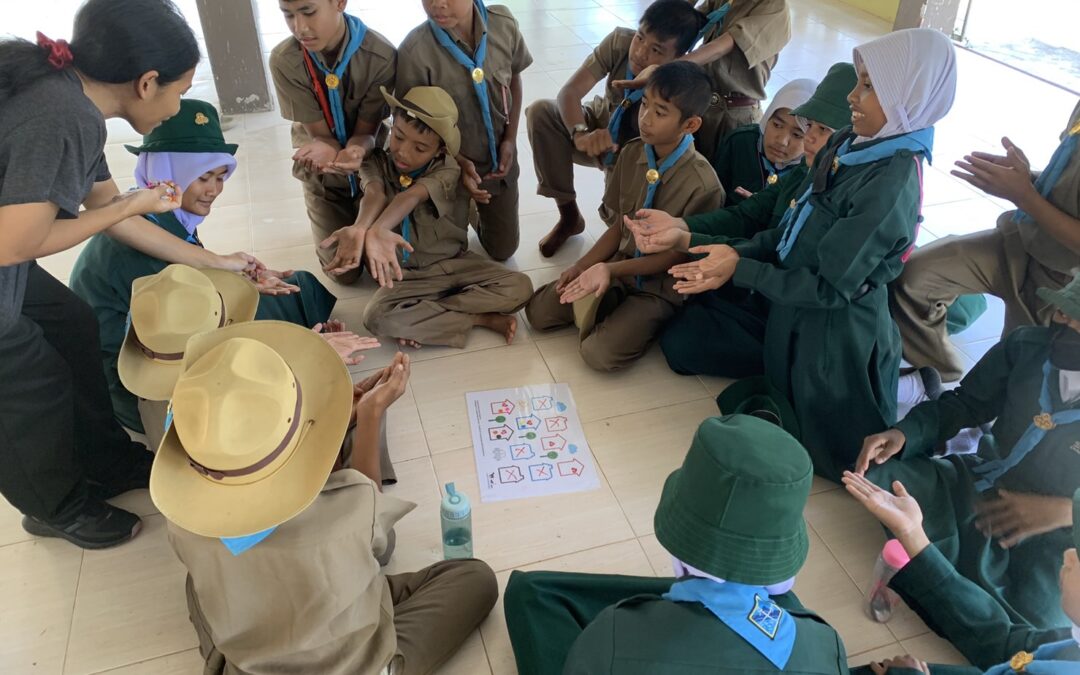They say education is the key to success. And it’s also the key to animal welfare.
Lanta Animal Welfare’s mission is to end animal suffering in Thailand. But that does not mean ending suffering only today; it means ending it tomorrow and long into the future.
And that is why capturing young minds is so important to our goal.
Before the Covid-19 pandemic, Lanta Animal Welfare carried out numerous education and outreach programs in local schools and communities with the aim of encouraging people to think about the long-term care of animals in their environments.
For obvious reasons that program had to be halted during the pandemic, but we are delighted that we have now been able to re-introduce it – new and improved for 2023.
Lanta Animal Welfare’s mobile clinic team makes regular visits to neighbouring islands and areas of the mainland where there is no access to veterinary care and, in the week prior to those mobile clinics, the team will now visit a local school to deliver our revised education program.
The first of those took place last week on the neighbouring island on Lanta Noi. Lanta Animal Welfare’s clinical director, Helen Guy, takes up the story.
“The aim of this education program is to change children’s mentality towards animals and how they care for animals and treat their pets. We also encourage kids to go home and tell their parents about our key message of sterilisation.

“In southern Thailand, there are strong cultural beliefs about dogs so we are trying to change the mindset so the local population has some empathy and compassion towards street dogs.
“The good news is things are changing and improving through our ongoing programs. People are increasingly seeking us out for sterilisation for their pets and alerting us if there are sick and injured dogs.”
The program consists of four separate modules:
* Too many animals: Educating the children about where stray animals come from, and the importance of sterilisation.
* Being a good pet owner: Teaching children that all animals are living beings and have feelings just like us, and teaching them how to take care of cats and dogs.
* Compassion for street animals: Teaching empathy for street animals and reinforcing the message that they also have feelings and needs.
* Dog communication and safety around dogs: Teaching the children about dog body language and what the dog is telling you to help prevent dog bites.
“This was the first educational visit since Covid and we have redesigned the whole project,” Helen adds. “There is no point standing in front of a class of children and telling them, ‘you must do this, you must not do that’. They need to understand and think for themselves.
“This is a far more interactive program, including games and quizzes, so hopefully at the end of it they come away with a better understanding of animal welfare.”
It sounds good in theory, but what about in practice? How did the kids react?

“The noise was horrific,” laughs Helen. “The kids were screaming out their answers.
“It was great to see them enjoying it, being involved and really engaging.”

